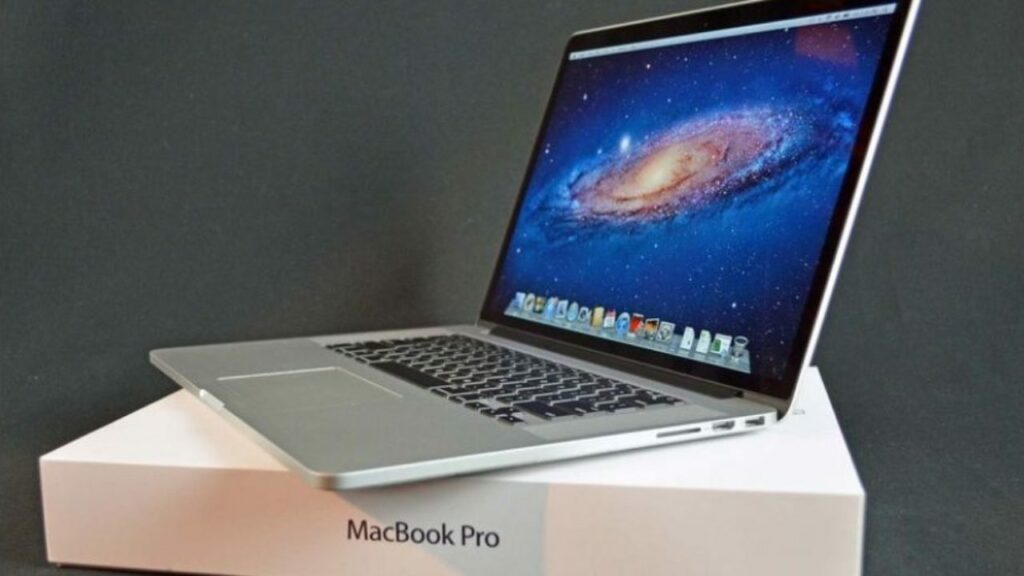The Indian government has rolled out a new import management system for laptops and other information technology (IT) hardware, just days after imposing stringent restrictions that raised industry concerns.

Under the new rules effective November 1, companies must register with authorities on the quality and value of their imports to get clearance. So far, over 100 major firms including Apple, Samsung, Xiaomi and IBM have received authorizations, a senior official confirmed.
“Around 110 import authorizations have been issued to date. All major IT hardware companies have already availed authorisations. All applications received are being disposed of within the time stipulated. There is no pendency as on date,” the official told reporters on Sunday.
The policy applies to personal computers, microcomputers, mainframes and data center machines. The government aims to monitor shipments closely and build trust in the supply chain while ensuring market availability.
Roadblocks Remain for Some Companies
However, firms on the ‘denied entry list’ still face roadblocks in getting approvals. Authorities are also denying imports of refurbished or second-hand goods.
Additionally, private companies can now import on behalf of government agencies for defense and security purposes.
Earlier, the government’s restrictions on laptop imports without licenses had drawn criticism from the industry as supplies were disrupted. But authorities say the new rules balance monitoring with facilitating smooth trade.
“Our aim is to strike a fine balance between bonafide trade interests and controls over imports for geographical and environmental interests,” the official explained.
Meanwhile, India is boosting efforts to manufacture more IT hardware domestically. Incentives are being offered to attract investments in local electronics manufacturing.
The new import management system is part of measures to achieve the twin goals of ‘Make in India’ and self-reliance, according to officials.












